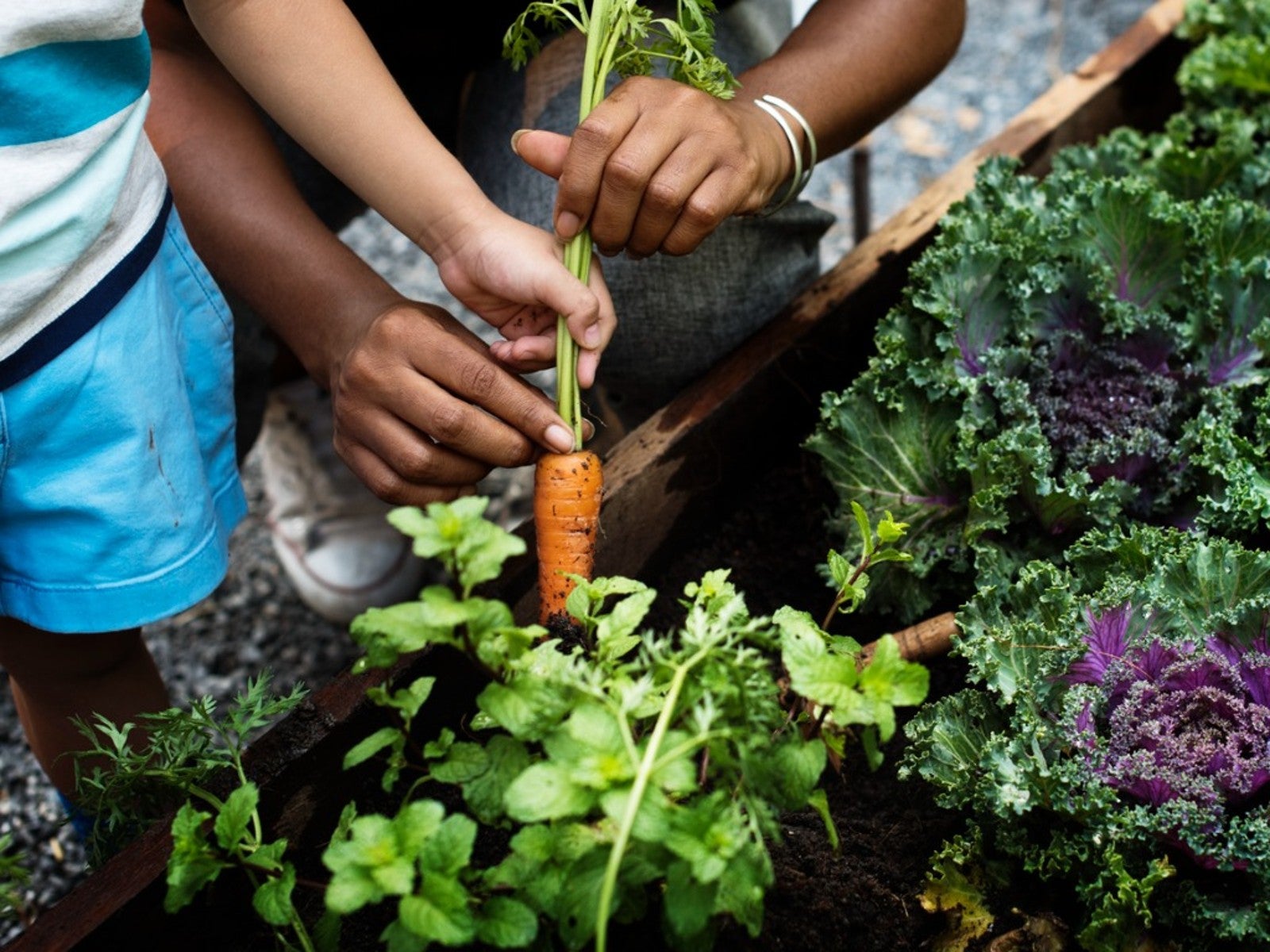
Sign up for the Gardening Know How newsletter today and receive a free copy of our e-book "How to Grow Delicious Tomatoes".
You are now subscribed
Your newsletter sign-up was successful
Companion planting is a method used to obtain a well-balanced garden wherein symbiotic plants are grouped close together. Just as there are good combinations when companion planting, so too there are detrimental plantings. Take carrot companion planting for instance. There are beneficial carrot companion plants and others that react badly in close proximity.
About Carrot Companion Planting
Companion planting creates a more diverse garden with the benefits of sharing nutrients efficiently, repelling pests and attracting beneficial pollinators.
A companion planting of carrots and onions for instance is a long standing tradition, wherein the aroma of the onions deters the carrot root fly and the smell of the carrots repels onion fly from the onions. Another option to plant to repel carrot fly is mint. It is thought that the strong scent from this herb and alliums repel the fly, although there is no scientific data and this method may be best combined with creating a barrier to deter the fly.
On the other hand, dill, celery and root parsnips and potato are not considered good companion plants for carrots. Root crops all require high levels of phosphorous, thus planting root crops close together leads to competition for nutrients and a less vigorous yield.
Dill can cross pollinate with carrots leading to less than savory hybrids. Carrots can increase the likelihood that parasitic wasps and lacewings are attracted to dill and parsley.
Carrot Companion Plants
With the exception of the above, most crops are suited as carrot companion plants. These include lettuce, chives, onions, peas, radishes, cabbage, leeks and herb such as sage and rosemary.
A carrot and tomato companion planting is especially beneficial. Carrots like things a bit cooler, so growing them beneath the protective leaves of a tomato plant keeps the roots cool. Intermix with lettuce and onion to maximize space. The varying root depths allow a smaller area to utilize water and nutrients efficiently.
Sign up for the Gardening Know How newsletter today and receive a free copy of our e-book "How to Grow Delicious Tomatoes".

Amy Grant has been gardening for 30 years and writing for 15. A professional chef and caterer, Amy's area of expertise is culinary gardening.
